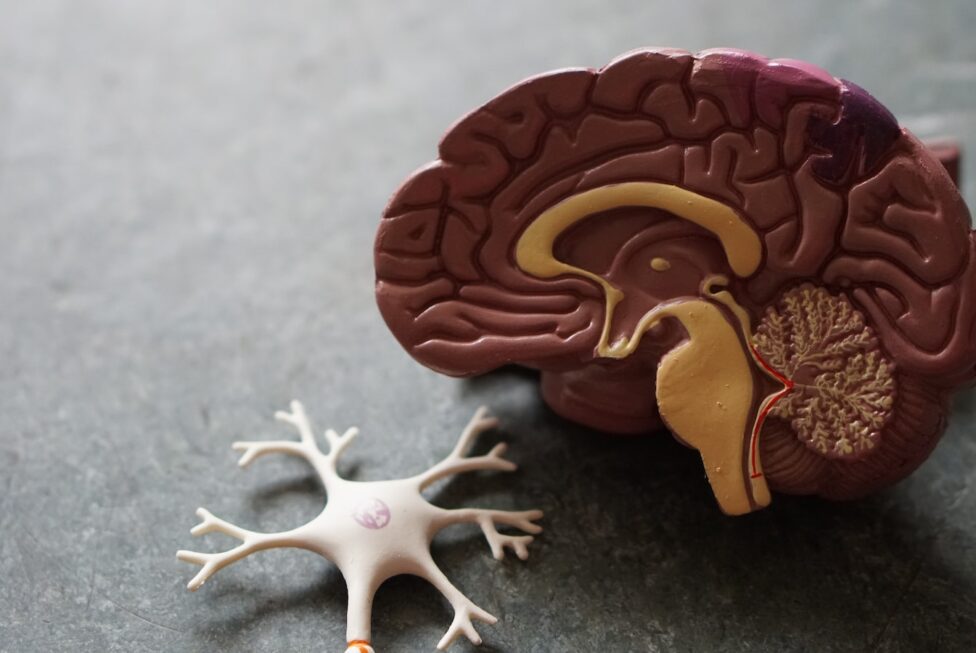Today, we’re diving into the fascinating world of Cognitive-Behavioral Therapy and its remarkable influence on our psychological well-being. Cognitive-behavioural therapy is a form of psychotherapy that helps you understand and tackle your thoughts, feelings, and behaviours.
CBT in Action
1. Understanding Thoughts:
CBT helps you recognize that your thoughts can shape your feelings and behaviors. It’s like discovering you have a superpower – the power of thought!
2. Identifying Patterns:
You and your therapist become detectives, spotting thought patterns that might be causing stress, anxiety, or sadness. Once you identify these tricky culprits, you can start turning the tables on them.
3. Challenging Beliefs:
CBT teaches you to challenge negative or unhelpful beliefs. Think of it as a friendly debate with your own thoughts, where you’re the winning team.
4. Setting Goals:
Together with your therapist, you set achievable goals. It’s like having a personal coach for your mind.
5. Practical Strategies:
CBT equips you with practical strategies to manage overwhelming emotions and stress. These are like mental tools in your utility belt.
6. Real-Life Practice:
You apply what you’ve learned in your daily life. It’s not just theory; it’s practical!
Why Does It Matter?
Now, you might be wondering, “Why should I care about CBT?” Well, my friend, because it has a significant impact on your psychological well-being.
1. Anxiety Buster: CBT is your go-to hero when dealing with anxiety disorders. It helps you confront those anxious thoughts and regain control of your life.
2. Depression Fighter: When it comes to depression, CBT is like a ray of sunshine on a gloomy day. It teaches you to challenge depressive thoughts and find your way back to happiness.
3. Stress Tamer: Feeling stressed? CBT has your back. It provides you with tools to manage stress and prevent it from taking over.
4. PTSD Recovery: For those who have experienced trauma, CBT is a guiding light towards recovery. It helps you process traumatic memories and regain a sense of safety.
5. Better Relationships: CBT isn’t just about solo missions. It can improve your relationships by teaching you effective communication and conflict-resolution skills.
6. Boosted Self-Esteem: Struggling with low self-esteem? CBT helps you challenge those self-critical thoughts and build a healthier self-image.
7. Panic Attack Terminator: If you’re dealing with panic attacks, CBT is your trusty sidekick. It provides techniques to manage and even prevent them.
The Science Behind CBT
You might think CBT sounds like magic, but it’s grounded in science. Research has shown that CBT can create lasting changes in your brain. It rewires those thought patterns, making you more resilient to life’s curveballs.
The Role of Your Friendly Therapist
In this journey of self-discovery, your therapist is your travel companion. They provide guidance, support, and a safe space to explore your thoughts and feelings. Think of them as the Yoda to your Luke Skywalker, helping you tap into your inner strength.
Taking the First Step
Now that you know the incredible impact of CBT on psychological well-being, you might be thinking, “How do I get started?”
1. Find a Therapist: Look for a licensed therapist with experience in CBT. They’ll be your co-pilot on this adventure.
2. Set Goals: What do you want to achieve with CBT? Discuss your goals with your therapist.
3. Open Up: During sessions, be open and honest about your thoughts and feelings. It’s your safe space to share.
4. Practice, Practice, Practice: CBT isn’t a one-time fix. It’s a journey of self-discovery and growth. Practice the techniques you learn in your daily life.
5. Be Patient: Rome wasn’t built in a day, and neither is a healthier mind. Be patient with yourself; progress takes time.
Conclusion
Cognitive-behavioural therapy is your passport to unlocking mental wellness. It’s a journey of self-discovery and empowerment. So, if you’re ready to embark on this adventure, take that first step and reach out to a therapist. Your mental wellness is worth the effort, and with CBT, you have the tools to make a positive change. So go ahead, embrace this expedition, and may it lead you to a life filled with resilience, joy, and a profound understanding of your own mind. Your adventure begins now, and the first chapter is waiting to be written.



